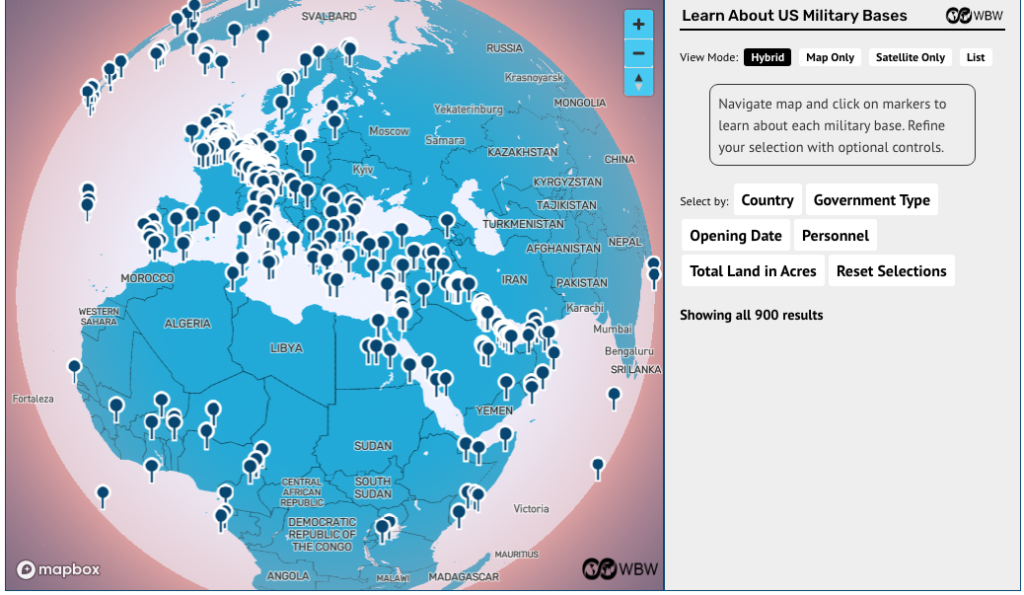In February 2024, 75 German Member’s of Parliament signed an open letter demanding Julian’s release.
Google translation reads :
Appeal: Members of the Bundestag speak out for Julian Assange’s freedom!
A year and a half ago there was already an open letter in which members of the Bundestag spoke out in favour of the immediate release of Julian Assange in the interests of press freedom and for humanitarian reasons. The call for the immediate release of Mr Assange, as expressed in Resolution 2317 of the Parliamentary Assembly of the Council of Europe, remains extremely timely and urgent.
We are monitoring with great concern the ongoing criminal and extradition proceedings by the US Department of Justice against the founder of WikiLeaks.
Assange’s appeal against the decision to extradite him to the USA will be heard on February 20 and 21, 2024. This decision leaves him with no further domestic legal remedies.
Julian Assange already suffers from a depressive disorder and is considered to be at risk of suicide. He faces numerous charges in the United States over the alleged unlawful publication of diplomatic and other documents via the WikiLeaks platform. His prison conditions in Great Britain are unacceptable. If he is extradited, his physical and mental condition will continue to deteriorate; he could be held in solitary confinement for a longer period of time until the trial; if he is convicted, he will face a prison sentence of up to 175 years. For these reasons, the UN Special Rapporteur on Torture last week advocated for the United Kingdom government to stop any possible extradition of Julian Assange to the United States of America.
We are advocating for charges against Julian Assange under the Espionage Act, Computer Fraud and Abuse Act to be dropped. The political show trial against Assange must end immediately. He is entitled to a fair trial before the European Court of Human Rights. As long as there is no final decision from the ECHR in Julian Assange’s case, he may not be extradited to the USA.
A negative outcome for him from this negotiation would be a dangerous precedent and would mean another severe blow to the situation of press freedom in Europe. We therefore reiterate our call for the immediate release of Julian Assange and call on the Federal Government to emphasise this concern to the British and US governments in order to finally end the political persecution of Julian Assange.
Original letter in German
Appell-_Freilassung_Assange.pdf
